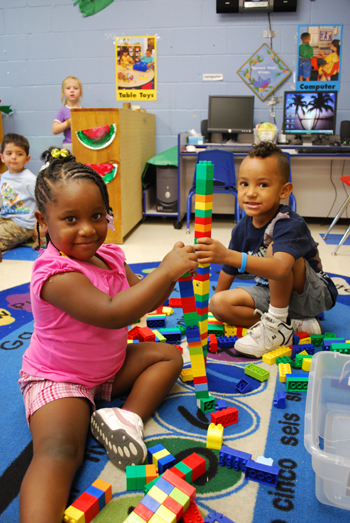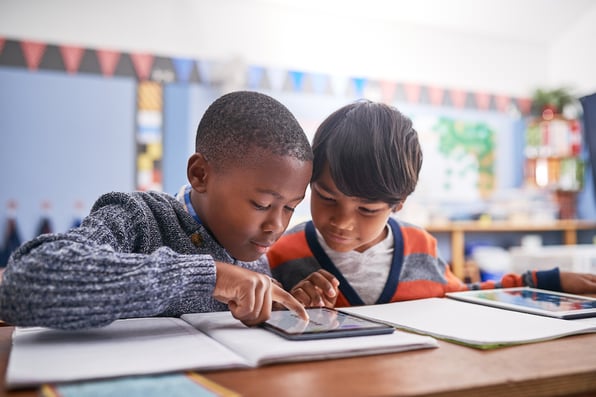 You may have heard plenty about how watching too much television is not good for children's growth and development but a recent Canadian study challenges that assumption. The University of Montreal found that television is "a unifying force for families" because it is the only screen around which a family can gather. According the study, in a world where people are using tablets, smartphones, and other electronic devices, television viewing is one electronic activity that people can offers time to bond.
You may have heard plenty about how watching too much television is not good for children's growth and development but a recent Canadian study challenges that assumption. The University of Montreal found that television is "a unifying force for families" because it is the only screen around which a family can gather. According the study, in a world where people are using tablets, smartphones, and other electronic devices, television viewing is one electronic activity that people can offers time to bond.
Whether they express it or not, children are looking to their parents for guidance and watching television with your children in important. You can answer any questions they have, look for 'teachable moments' during programs to share your point of view, and discuss what you've seen even after the television has been turned off.
Plan television viewing
When your children are preschool age, you can decide just how much television they will watch and select the programs you think will benefit them most. At this age, children should not just wander over to the TV and turn it on and spend hours just watching television.
When they reach elementary age, children can have more input into choosing the TV programs they watch. If they have a limited amount of TV they can watch, having to choose which shows fill that time can help foster decision making skills.
Extend the lessons
Look for ways to continue discussing what your children have seen on television. Buy a book or go to a museum exhibit that covers a topic from television that caught your child’s interest. Find ways to relate what you have seen on television to your daily lives. And if your child wants to try a recipe or activity that they saw on a television show, help them do so while keeping their safety and age level in mind.





